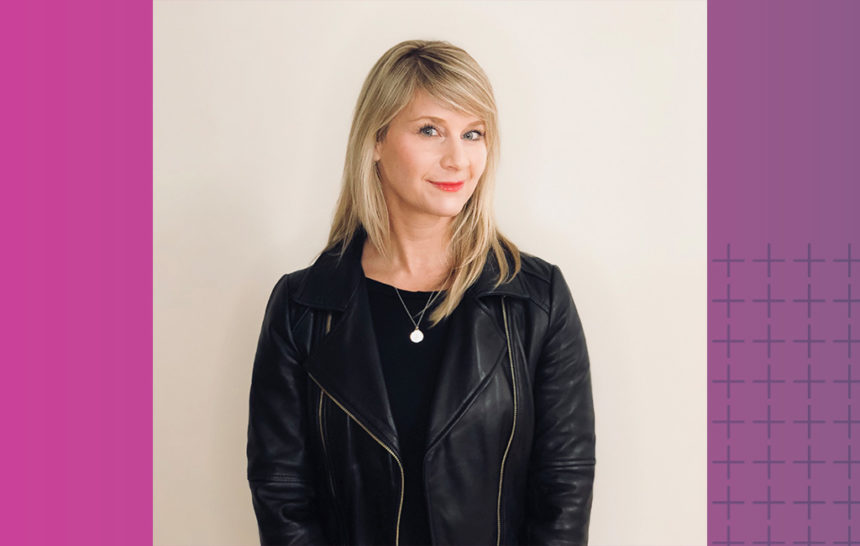Think you’ve got energy? Meet Joelle Friedland, who spends her weeks in the extremely full-time job of leading client service at Minds + Assembly and her weekends traveling the competitive dance circuit as a dance mom to her talented daughter. Presumably, she sleeps at some point.
What’s your most surprising pandemic takeaway?
I assumed at the start of it that there would be an impact on the ideation, on the creativity, on what it was that made us so special. We were able to maintain that in a virtual place, even as we recognized there is value in having an office and encouraging people to be there. Work continues to be uncompromising across all dimensions; it feels like something is missing unless you’re together at least once a week.
What was your first job?
I was a hostess in a restaurant in East Hampton one summer during college. I learned a lot about people, patience and pressure, because there’s lots of pressure when you have a family of eight rushing to an event and wanting a quick bite. I also learned about compassion — and was on the receiving end of it when I accidentally poured an entire pitcher of iced tea on a woman during a failed refill attempt. This woman was at the start of her afternoon of lunching and shopping, yet she smiled and helped console me.
It was fundamental to my understanding of customer service and my future in client service. It probably taught me the most out of any role I’ve had.
Why did you get into this industry?
I started my career in the legal field, but after two years it felt very repetitive. I started to imagine what the next three or five or 20 years would look like, and it wasn’t good. My mother was a healthcare recruiter at the time and suggested I explore healthcare advertising, even though I didn’t know it was a thing.
She thought it would satisfy my desire to learn but also capture my enthusiasm for creating and inventing and being on a team. Usually I wouldn’t take her advice, but I did here (laughs).
When did you know Minds + Assembly was on the right path?
It was our very first pitch. We had no backing — [cofounders] Ben [Ingersoll] and Stephen [Minasvand] just put our money on the table and said, “Let’s try this.” Forget that I had kids who need to go to college .… So that first pitch, which was for a campaign for an opioid dependence product, we did it on a weekend. I learned how to use Keynote in a day and our opening to the presentation was a South Park video, the clip where Satan describes in full-on detail how opioid dependence totally screws with the brain.
Going at it that way showed that we understood the science but also that we wanted to take risks. We approached the pitch the way we wanted to work every day. We had fun doing it. We won the campaign, and we also became the full AOR.
What’s something about you that your colleagues don’t know?
I’m a triplet and, in my family, I’m considered the laid-back one. This is hugely comical if you know (as many people do) how Type-A-plus I am. As a triplet, you need to establish your own identity. People label you — the smart one, the athletic one. You have to fight for your place and your voice. Also, I am a compulsive organizer. A therapeutic afternoon for me is re-re-re-organizing my pantry, down to every last container.
What is a typical weekend day for you?
I am a dance mom, so we’re on the road by 6 a.m. Our weekends and vacations are tied up with glitter and rhinestones. The dance world is fascinating, because it operates with absolutely no boundaries in terms of what’s best for the children or the parents or the universe. You see how cutthroat parents are when it comes to the attention that’s paid to their child. There is no relief for a dance mom with a full-time job.
From the September 01, 2022 Issue of MM+M - Medical Marketing and Media







